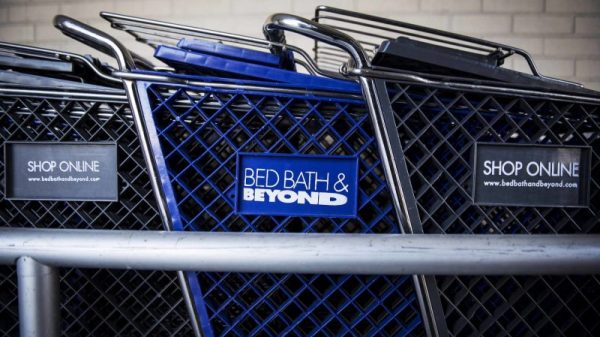Apple has been sued by a Texas company that accused the iPhone maker of stealing its technology to create its lucrative mobile wallet Apple Pay.
In a complaint made public on Thursday, Fintiv said Apple Pay’s key features were based on technology developed by CorFire, which Fintiv bought in 2014, and now used in hundreds of millions of iPhones, iPads, Apple Watches and MacBooks.
Apple did not immediately respond to requests for comment.
Fintiv, based in Austin, Texas, said Apple held multiple meetings in 2011 and 2012 and entered nondisclosure agreements with CorFire aimed at licensing its mobile wallet technology, to capitalize on fast-growing demand for contactless payments.
Instead, and with the help of CorFire employees it lured away, Apple used the technology and trade secrets to launch Apple Pay in the United States and dozens of other countries, beginning in 2014, the complaint said.
Fintiv also said Apple has led an informal racketeering enterprise by using Apple Pay to generate fees for credit card issuers such as Bank of America, Capital One, Citigroup, JPMorgan Chase and Wells Fargo, and the payment networks American Express, Mastercard and Visa.
“This is a case of corporate theft and racketeering of monumental proportions,” enabling Cupertino, California-based Apple to generate billions of dollars of revenue without paying Fintiv “a single penny,” the complaint said.
In a statement, Fintiv’s lawyer Marc Kasowitz called Apple’s conduct “one of the most egregious examples of corporate malfeasance” he has seen in 45 years of law practice.
The lawsuit in Atlanta federal court seeks compensatory and punitive damages for violations of federal and Georgia trade secrets and anti-racketeering laws, including RICO.
Apple is the only defendant. CorFire was based in Alpharetta, Georgia, an Atlanta suburb.
On August 4, a federal judge in Austin dismissed Fintiv’s related patent infringement lawsuit against Apple, four days after rejecting some of Fintiv’s claims, court records show.
Fintiv agreed to the dismissal, and plans to “appeal on the existing record,” the records show.

























